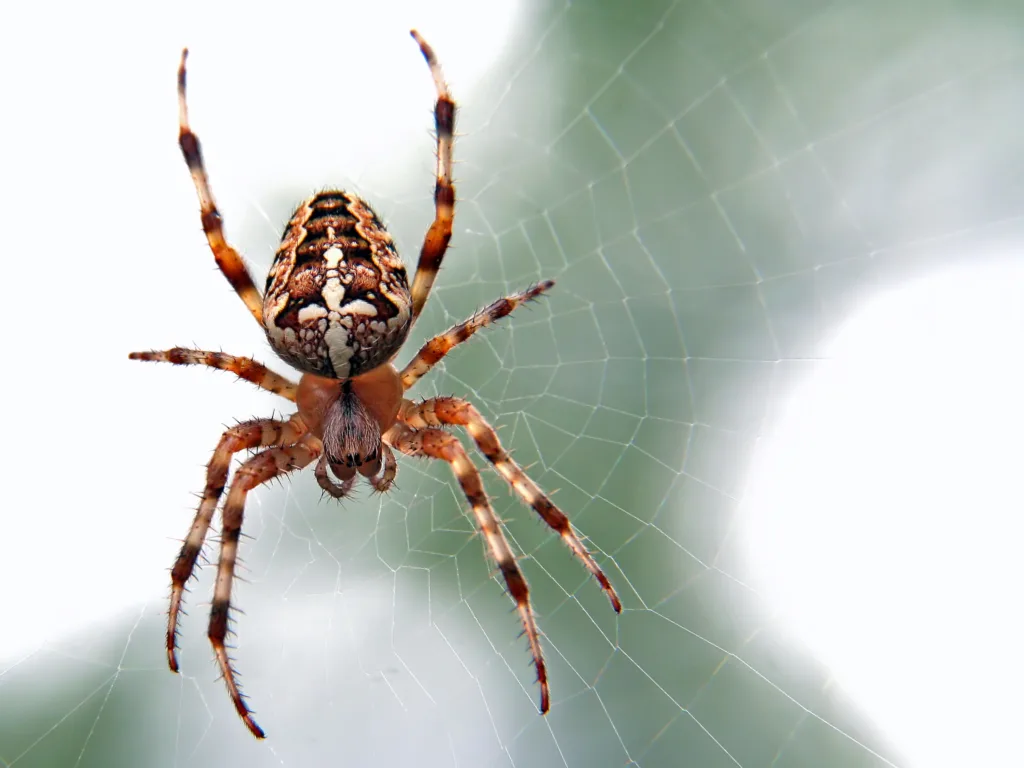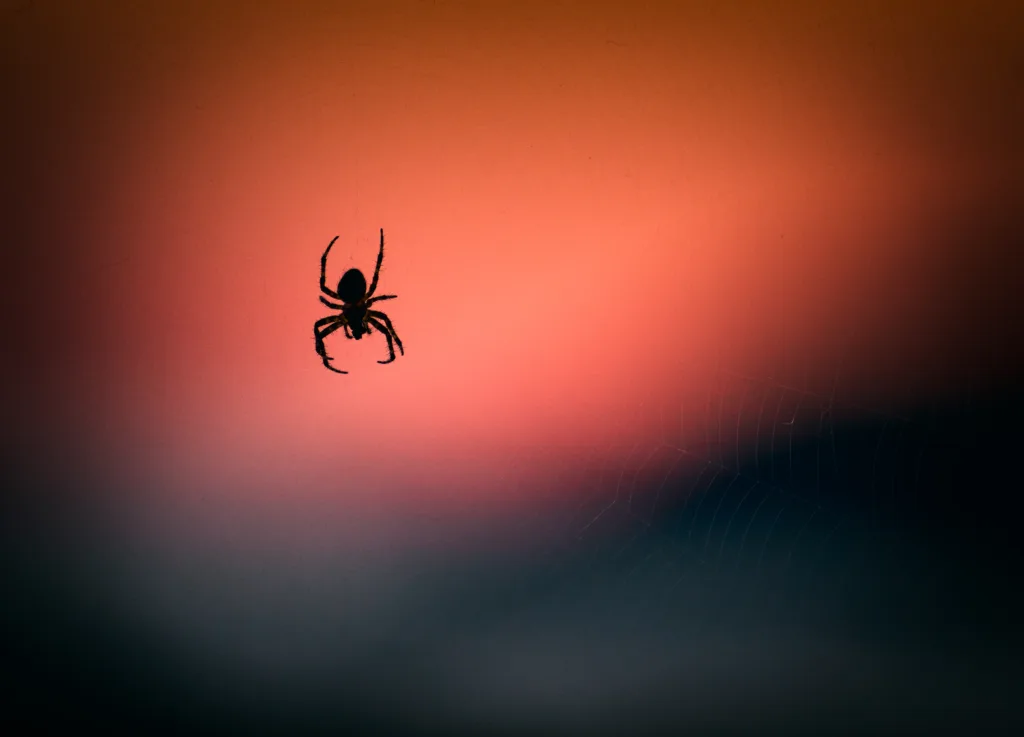Spider bites can be a common occurrence, especially during the warmer months when spiders tend to be more active. While most spider bites are relatively harmless and can be treated at home, some can be more serious and require medical attention. In this article, we will discuss spider bites and wheter squeezing the pus out of a spider bite is a good idea.
Firstly, it is important to understand what a spider bite looks like. Spider bites are typically red and swollen, and may have a small bump in the middle. More serious bites may have pus or discoloration, and black widow bites can leave twin puncture marks. However, many spider bites can look like bites from other bugs, so it can be hard to identify them.
If you see pus coming from a spider bite, it is important not to squeeze it out. Squeezing the pus can actually make the infection worse by pushing bacteria further into the skin. Instead, you should clean the bite area with warm water and soap. This will help to remove any dirt or bacteria that may be on the surface of the skin.
After cleaning the area, apply a cold, damp washcloth or an ice pack to the bite area. This will help to reduce any swelling or discomfort. If the bite is particularly painful, over-the-counter pain relievers such as ibuprofen or acetaminophen can be taken.
Most spider bites will heal on their own within a few days. However, if you notice any signs of infection such as swelling, redness, or pus, it is important to seek medical attention. Your doctor may prescribe antibiotics or other medications to help treat the infection.
It is not a good idea to squeeze the pus out of a spider bite. Doing so can actually make the infection worse and cause it to spread. Instead, clean the bite area with warm water and soap, and apply a cold compress to help reduce swelling and discomfort. If you notice any signs of infection, seek medical attention right away.
Should You Drain A Spider Bite?
You should not drain a spider bite. Draining the bite can cause the venom to spread further into the body and increase the risk of infection. It is important to clean the bite area with warm water and soap, and then apply a cold, damp washcloth or ice pack to reduce swelling and pain. Seeking medical attention is recommended if the bite is severe or if symptoms, such as difficulty breathing or chest pain, develop.

Does Pus Come Out Of A Spider Bite?
Pus can come out of a spider bite, especially if the bite is more serious. Pus is a thick fluid that is usually yellowish or greenish in color and contans dead white blood cells, bacteria, and tissue debris. When the body is fighting an infection, pus can accumulate at the site of the injury or infection. In the case of a spider bite, pus may be present if the bite becomes infected. Signs of infection may include redness, warmth, swelling, and pain at the site of the bite, as well as fever, chills, and fatigue. If you suspect that you have a spider bite that has become infected, it is important to seek medical attention right away.
What Does It Mean When A Spider Bite Has Pus?
When a spider bite has pus, it typically indicates a potential infection caused by bacteria. This infection can be caused by various types of bacteria, including methicillin-resistant Staphylococcus aureus (MRSA), whih can be particularly serious. MRSA infections are resistant to many antibiotics and can be difficult to treat. Spider bites can cause one or more rashes or lesions with fluid-filled blisters called bullae. However, other insect bites can also cause similar symptoms. If you notice pus or other signs of infection, it is important to seek medical attention immediately to prevent the infection from spreading and causing further complications. Some common symptoms of an infected spider bite include redness, swelling, pain, warmth, and fever. It is always best to take precautions by wearing protective clothing when outdoors, using insect repellent, and seeking prompt medical attention if you suspect a spider bite or other insect bite may be infected.
How Do You Get The Infection Out Of A Spider Bite?
To get rid of infection in a spider bite, it is important to first clean the affected area with mild soap and water. This will help remove any dirt or debris that may be present on the skin. After cleaning, apply an antibiotic ointment to the bite three times a day. This will help prevent the growth of bacteria and reduce the risk of infection. In addition, applying a cool compress to the bite for 15 minutes each hour can help reduce swelling and discomfort. To make a compress, use a clean cloth dampened with water or filled with ice. Remember to always monitor the bite for any signs of infection, such as redness, warmth, or pus. If thse symptoms occur, seek medical attention immediately.

Conclusion
Spider bites can be a cuse for concern, but most can be treated at home with proper care. It’s important to clean the bite area with soap and water, apply a cold compress, and monitor the bite for any signs of infection or worsening symptoms. While some spider bites may require medical attention, most can be managed with over-the-counter pain relievers and topical treatments. If you experience severe symptoms such as difficulty breathing or muscle spasms, seek medical attention immediately. By following these steps and being mindful of your symptoms, you can effectively manage a spider bite and ensure a speedy recovery.
